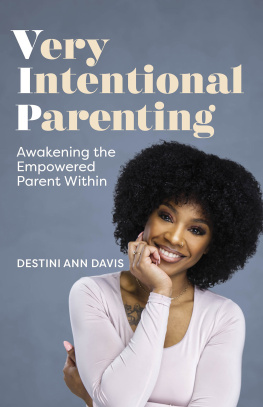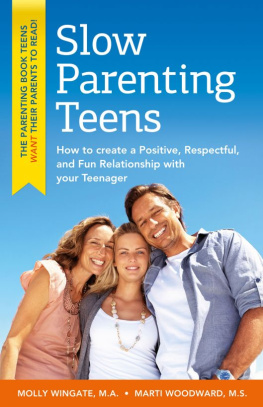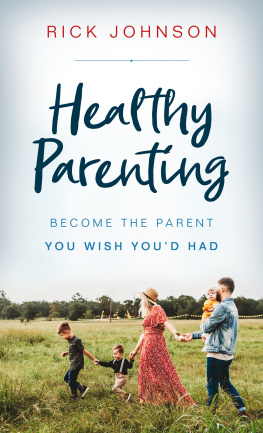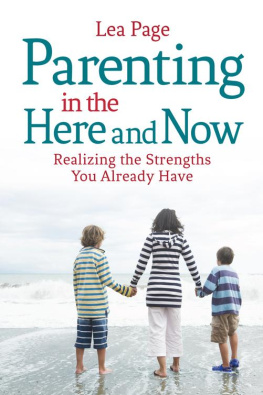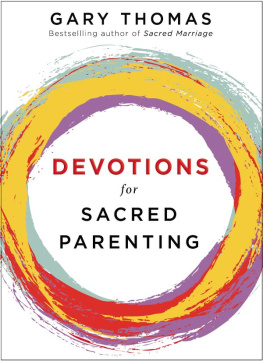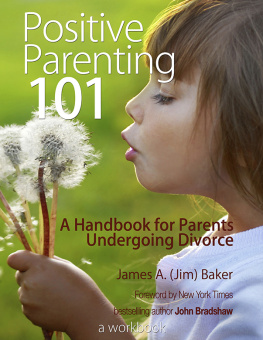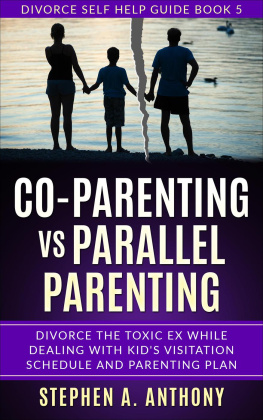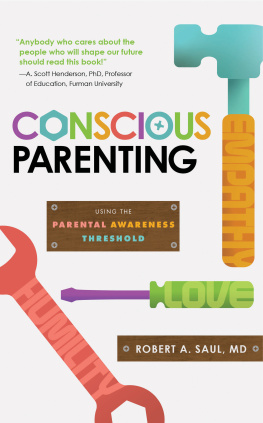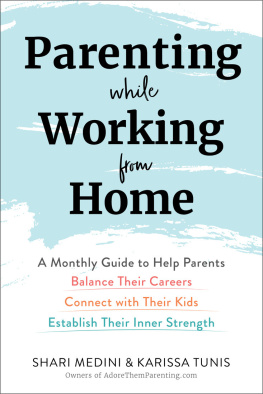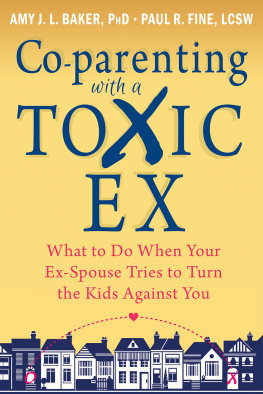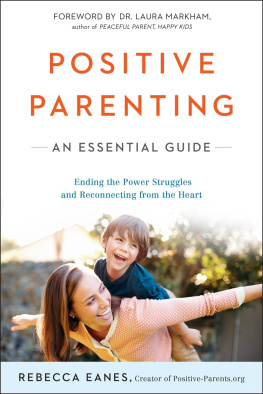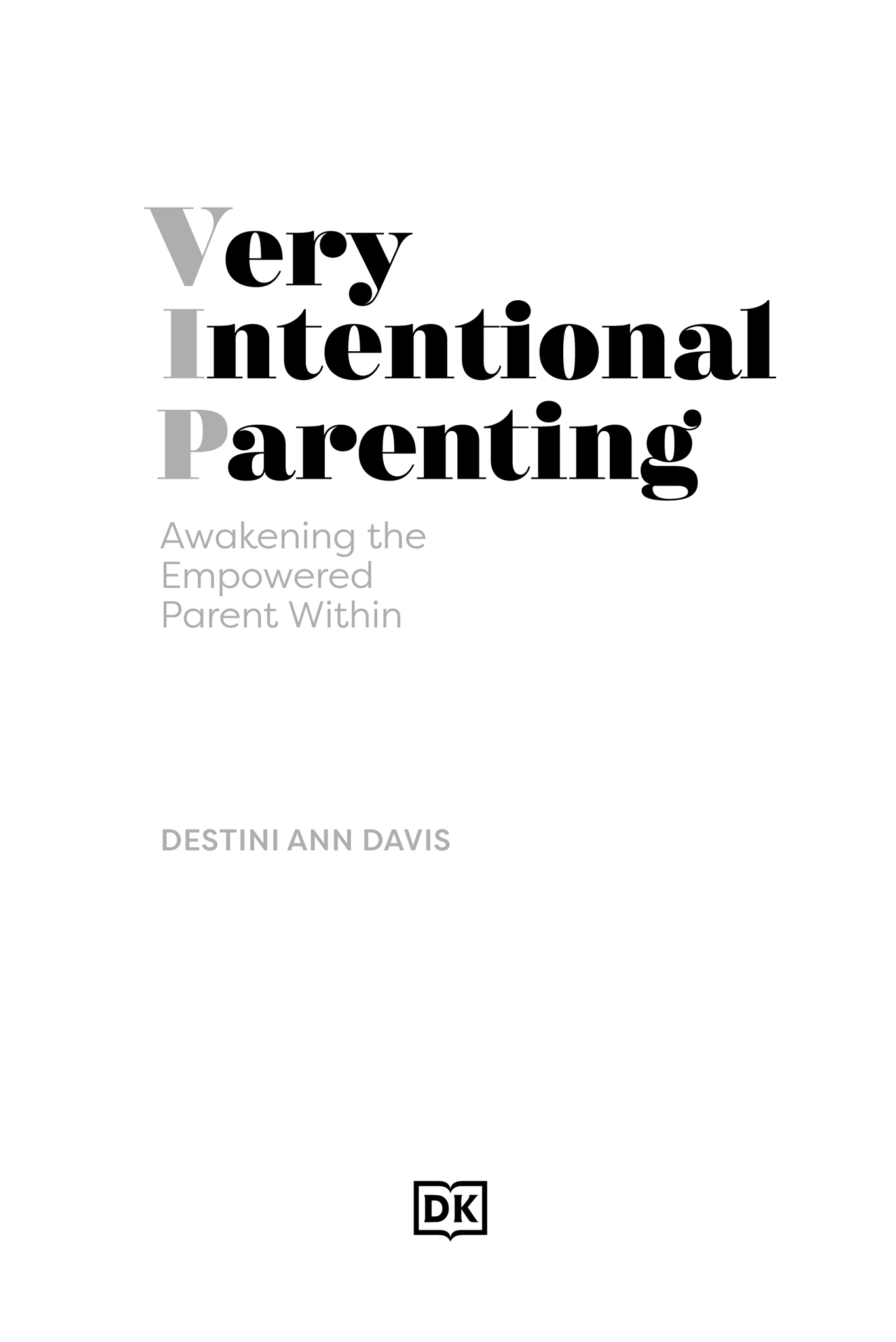CONTENTS
Landmarks
Contents
g
How to use this eBook
Preferred application settings
For the best reading experience, the following application settings are recommended:
- Orientation: Portrait
- Color theme: White background
- Scrolling view: [OFF]
- Text alignment: Auto-justification [OFF](if the eBook reader has this feature)
- Auto-hyphenation: [OFF](if the eBook reader has this feature)
- Font style: Publisher default setting [ON](if the eBook reader has this feature)
- In Settings, change the font size to a size you are most comfortable with.
g
Foreword
I met Destini Ann in September of 2021 after following her on Instagram for weeks and feeling truly enamored with her ability to express complex topics in understandable language. I remember the day that my business partner and I were watching her reels and saying to each other, Wow, shes amazing. Were obsessed with her. Lets figure out how to work together in some way! Then, truly only hours later, I opened Instagram to see this first direct message from Destini: Someone referred me to your page. Im obsessed. Id love to collaborate on something if youre ever interested. And here we are, one year from that first connection. What began between Destini and me as a mutual admiration society is now something deeper and more special: Destini is someone I consider a true colleague, thought partner, and friend.
And so, you may be wondering, who am I? First, let me introduce myself: my name is Dr. Becky Kennedy, and Im a clinical psychologist specializing in parenting, anxiety, and resilience. I am also a mother of three, an early riser, and a forever learner. And that last phrase, forever learner, is probably at the core of my identity. Theres nothing that gives me as much purpose or joy as thinking, considering new ideas, and problem solving about tricky dynamics in family systems. Over the past two years, Ive developed Good Inside a new approach to help parents manage the struggles in their homes. Good Inside is based on my core belief that we are all, well, good inside, and we are all doing the best we can with the resources we have available in the moment. And yet, parenting from a Good Inside perspective is not an anything goes or soft method. Yes, it requires us to tap into validation and empathy, but it also requires us to embody our authority and set firm boundaries.
So how does one do Good Inside parenting? Well, it starts with a commitment to oneself. Yes, thats right: Good Inside parents know that they cannot give out what they have not given in; in other words, they know that parenting is a journey of self-discovery and that the more they work on their triggers and their coping skills, the more they and their kids will benefit. This isnt selfish. It is simply effective as kids develop in the context of their relationship with their parents. And so, the sturdier a parent is, the safer a child feels, and that safety allows for healthy development.
What does it mean that children develop in the context of their relationships with their parents? Glad you asked! This is an important one, and its something thats at the heart of my approach and also Destinis. Kids dont learn how to cope with emotions from school or a book; kids learn how to cope with emotions through their experiences with their parents. In other words, a child learns to manage strong feelings, safely express anger, and tolerate frustration (all massively important life skills!) by absorbing what happens in their family homes during emotional moments. Heres what this looks like in real life: as your child is having a tantrum, they are taking in your reaction to their tantrum and whether its possible to be calm amidst a swirl of big feelings. So yes, parenting strategies and scripts are useful. Still, it is even more useful to remember that more than anything else, a childs emotion regulation development comes from our relationship with them during tough moments.
And why does emotion regulation matter so much? Arent emotions kind of soft compared to the important hard skills in life? If youre wondering this, youre not alone. I hear this all the time from parents! I hear things like, Im just not a feelings person. I focus on the important stuff in life, or My family never helped me with my feelings, and I turned out just fine. I get it. I really do! And Im not here to convince, but rather to just present how I see it. To me, emotion regulationthe ability to manage ones feelingsis not some soft or nice-to-have skill; by contrast, I see emotion regulation as the single most important skill to develop throughout our lives. After all, emotion regulation is at the core of how we function throughout adulthood. When it comes to dealing with getting fired from a job, we lean on our emotion regulation skills; when it comes to talking to a partner about something we need from them, we need our emotion regulation skills; when it comes to telling someone, No, I dont like that. Stop right now, we need our emotion regulation skills. Emotions are at the core of who we are, and emotion regulation is at the core of how we function. After all, our mental health comes from our ability to manage the emotional demands of life. While it is never too late to develop ones emotion regulation skills further, helping our kids develop these skills early is the most powerful gift we can give them.
Now lets get real: if youre like most adults, right now you may be thinking, Hmm okay maybe this makes sense, but how can I give my child emotion regulation skills if no one helped give these skills to me? How can I be the type of parent for my child that I want to be if I never had this type of parenting modeled for me? And then you may jump to this thought: Im too tired. I cant do this. Whether you are in How can I be this type of parent mode or This feels too overwhelming mode, youre in luck. Why? Because you now have Destinis book, which takes big concepts and breaks them down into relatable language and manageable steps. Destini is a parent coach who is also your biggest cheerleader. So keep reading.
Destini gets it. She has a way of blending sophisticated topics with authentic examples and a realistic tone. She knows firsthand how hard parenting is and how hard it is to change your parenting approach. So if shes explaining how to manage a tantrum, its because she just managed a tantrum; if shes sharing how to manage your own feelings, its because she is still working to manage her own big feelings. Destini is like that wise (and fun!) friend you always want to have lunch with. She offers knowledge without judgment and advice without superiority. She believes in you, truly, because she knows what its like to feel down on oneself and what it takes to turn that feeling around. Destini will help you feel better about your parenting, but shell also help you feel better about yourself.
After all my years in training and practice and after working with thousands of families, heres something I know with utter confidence: parenting is hard. Its hard for you, its hard for Destini, and its hard for me. And its not your fault that parenting feels hard. As I often say, it feels hard because it is hard! We are supposed to feel things as they are. And yet, at the same time, this is true too: parenting can be joyful. Not all the time, but definitely more of the time. And so we are left with this: parenting is hard and parenting can bring joy. One isnt more true than the other; instead, two things are true. And heres something else I know: right now, its probably really hard to find the joy in parenting. This doesnt make you a bad parent. On the contrary, this makes you a perfect fit for the journey ahead in this book. Youre in the right place. And you have the right leader here in Destini. So with all of that in mind, lets jump in.

